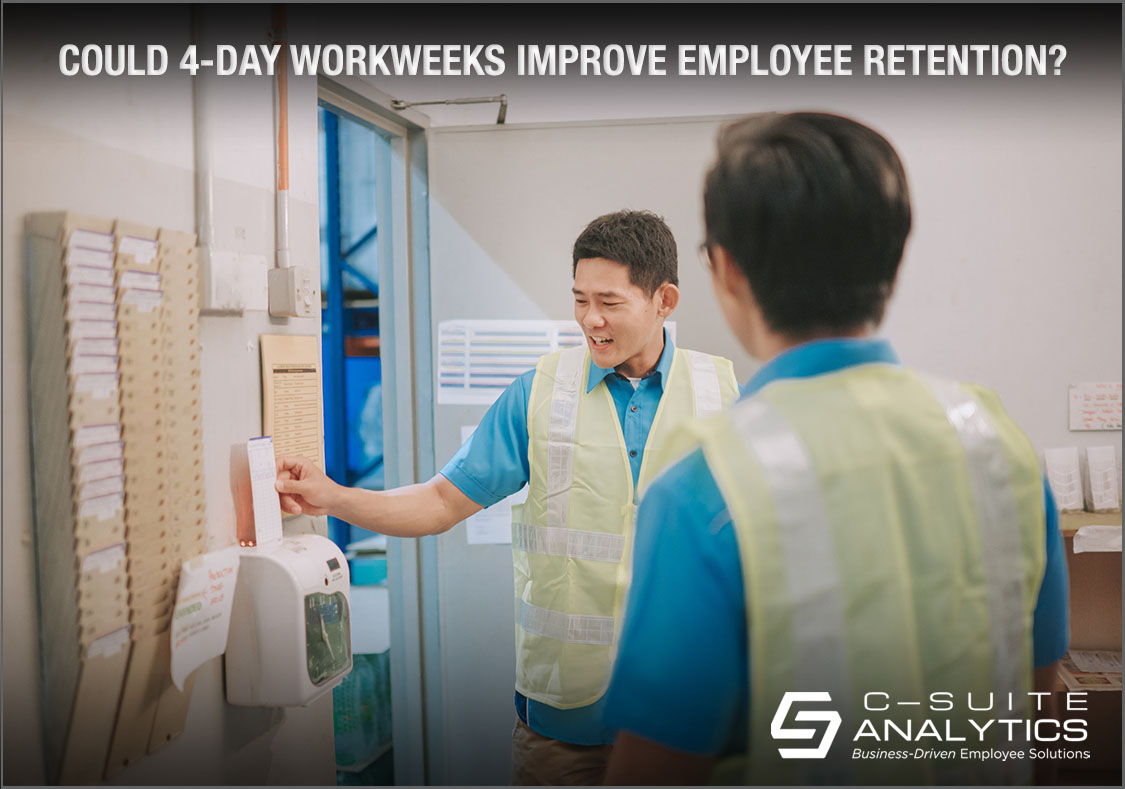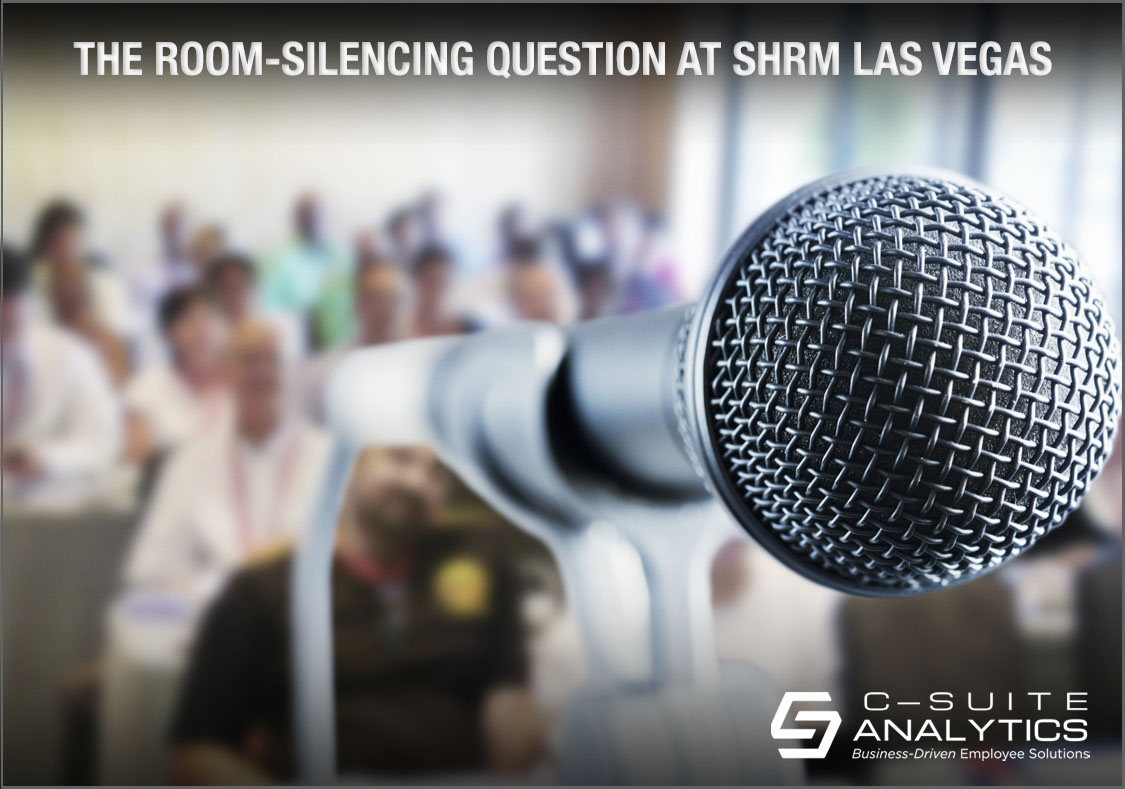Data shows a four-day workweek is popular with employees. On the company side, data suggests work satisfaction and productivity are up, recruiting is easier…and employee turnover is down. And during these days workforce shortages, every company is seeking a recruiting edge. Could this be “it”?
Did Managers’ Engagement Drop in 2021? Gallup Says “Yes”

Last week I strongly suggested that you continue firing poor performers despite “The Great Resignation”. Today we’ll ask the same question about your managers…or supervisors, leaders, team leads, whatever you call them.
Gallup is the grandfather of all things related to employee engagement, and recently they told us two startling facts:
- U.S. employee engagement decreased in 2021 for the first time in a decade.
- Managers’ engagement levels led the way as their engagement fell even further than the employees who report to them.
For the first year in more than a decade, the percentage of engaged workers in the U.S. declined in 2021. Just over one-third of employees (34%) were engaged, and 16% were actively disengaged in their work and workplace, based on a random sample of 57,022 full- and part-time employees throughout the year. This compares with 36% engaged and 14% actively disengaged in 2020, a year with unprecedented highs and lows.[i]
The same report singled out two groups whose engagement slipped more than the rest, healthcare workers and managers. Understanding why healthcare workers’ engagement would slip is easy given the whack-a-mole nature of their jobs during COVID and the extreme burnout other studies have reported. Gallup tells us managers’ engagement fall was from the lack of “clear expectations and someone who encourages their development”.
We can speculate what that phrase means during managers’ day-to-day work. Maybe for example their own development got swept under the rug due to topside scrambling to keep enough employees on the job. Or perhaps the root cause is related to supply chain issues or COVID. But let’s focus on the “what” instead of the “why”.
Manager disengagement is a major problem, a very significant obstacle to productivity. In fact, other Gallup research tells us managers by their daily actions account for a 70% variance in employee engagement.[ii] We sometimes use the term “exponential” to exaggerate some issue, some statistic, but in this case that term is a fit, knowing that the less engaged your managers are, the less engaged their teams and individual employees become.
Let’s take an important short detour here. The above paragraph discloses the major shortcoming of employee engagement surveys in that most companies’ resulting survey improvement plans are about everything but their managers when their managers are the major driver of engagement. Organizations hover over survey reports indicating employees want more recognition, more communication, more career coaching…so they establish employee-of-the-month, 10-year anniversary clocks, more town hall meetings and build “career ladders”. Then they re-survey a year later to find zero improvement, all because they did nothing to hold their managers accountable for improving engagement.
Gallup tells us engagement has hardly budged in 20+ years in that about one-third of our employees have remained engaged, all while Deloitte says we spend over $1.5 billion each year to fix engagement. Why the great disconnect between intentions, spending, and results? The above paragraph tells us why.
Disengaged managers are potentially costing your company millions of dollars and it’s time to be harsh about it. Excuses must be out and accountability must be in. Manager accountability must follow the same path as employee accountability including blunt feedback, recommendations for improvement, documentation, and continued corrective actions until that manager improves or works elsewhere.
Too often we pity long-term managers who everyone knows are marginally effective. I remember in my early HR days when I asked about a veteran ex-manager who had a quiet office, wondering what exactly he did. The answer I got was, “He’s parked”. No kidding. He was some executive’s personal favorite who had been re-assigned to hang on for a paycheck. The good news was this now ex-manager had been removed from leading people, and the bad news was he became a model for getting away with incompetence.
My job each week is to provide the very best ideas to improve turnover. This week’s idea is don’t let your disengaged managers cause their teams to disengage and quit.
Are your strategies for employee engagement working? If not, reach out to me to schedule a free consultation at DFinnegan@C-SuiteAnalytics.com and I will share what has worked for companies just like yours to cut turnover by 30% and more while increasing engagement, even during “The Great Resignation”.
[i] https://www.gallup.com/workplace/388481/employee-engagement-drops-first-year-decade.aspx
[ii] https://news.gallup.com/businessjournal/182792/managers-account-variance-employee-engagement.aspx#:~:text=Gallup%20has%20discovered%20links%20between,)%3B%20and%20fewer%20safety%20incidents.



